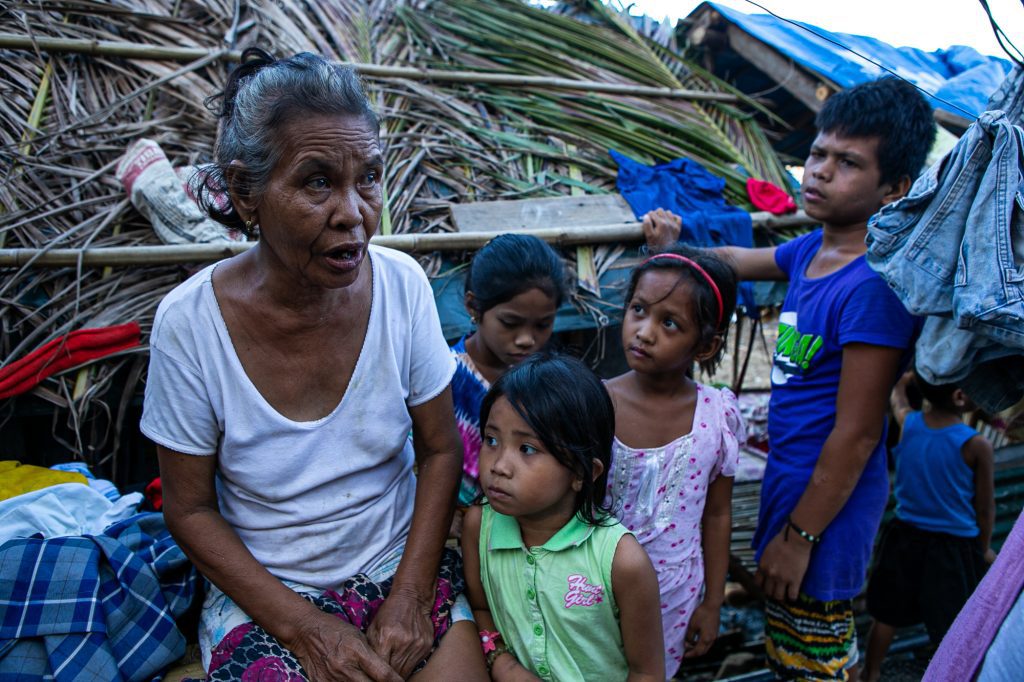
A global network of Indigenous Peoples rights advocates has decried what it described as “the current world order that continues to wreck” Indigenous communities.
The International Indigenous Peoples Movement for Self Determination and Liberation (IPMSDL) blamed the prevailing global economic and political system that aggravates the vulnerability of the Indigenous People to the impacts of the climate crisis.
Beverly Longid, global coordinator of IPMSDL, said social inequality “puts the most vulnerable and marginalized population… at increased susceptibility to damages caused by the climate crisis.”
“The worsening climate conditions mean the destruction of the environment around them for which they rely upon their food, water, and shelter,” said Longid in a statement issued on August 16.
She said Indigenous communities will never survive the climate emergency if “the current world order,” which puts them in their present situation, “continues to wreck these communities.”
Longid said Indigenous communities have been struggling to protect the planet against big corporations and “foreign monopoly capitalists” that are “razing the resources.”
The group made the statement one week after the Intergovernmental Panel on Climate Change released a study concluding that “it is unequivocal” that humans have caused “unprecedented and irreversible” change to the climate.
The UN climate report found that global warming is dangerously close to spiraling out of control.
The report said that even the most severe carbon emission cuts are unlikely to prevent global warming of 1.5 degrees Celsius above pre-industrial temperatures by 2040.
Longid said Indigenous Peoples, “who are the foremost protectors of the environment, are one of the most to suffer if action is not taken.”
The world’s top three greenhouse gas emitters – China, the European Union, and the United States – contribute at least 41.5 percent of the total global carbon emissions while the bottom 100 countries only account for 3.6 percent.
The energy sector remains the biggest carbon emitter because of the use of dirty energy sources such as coal and other fossil fuels.
Last week, the Power for People Coalition urged the Philippine government and energy policymakers to prioritize the country’s transition to renewable energy.
“The IPCC’s latest report affirms something climate-vulnerable Filipinos already know: that the climate crisis is upon us,” said Gerry Arances, lead convenor of the group.
He said that the UN climate report reaffirmed that “our reckless dependence on fossil fuels is to blame for” the suffering of vulnerable communities to the impacts of the climate crisis.
“[The] report invalidates any remaining excuse to keep using dirty energy if we wish to avert even more unthinkable consequences,” he said.
Arances said the Philippine government “must completely cancel all remaining coal in the national pipeline while keeping the rise of gas and other fossil fuels at bay.”
Many of the country’s coal and other energy projects affect Indigenous communities, their ancestral lands, and the country’s remaining forests.
Bishop Colin Bagaforo of Caritas Philippines said the severity of the present climate situation calls all sectors of society to “unite in action for the healing of our Common Home.”
“We may find ourselves disheartened – perhaps even in fear of what the future holds especially for the young and for those yet to be born. But it is precisely this that should get us on our feet,” he said.






0 Comments